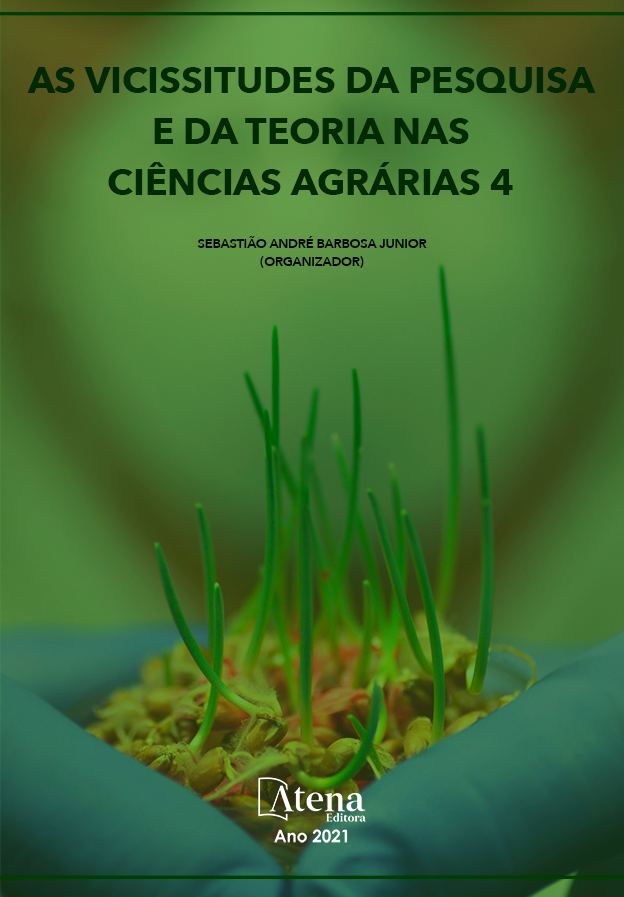
O ESTATUTO DA TERRA E O EXERCÍCIO FUNDAMENTAL DA CIDADANIA
O trabalho realiza um estudo do Estatuto da Terra e da legislação agrária brasileira analisando se estes instrumentos jurídicos podem ser considerados instrumentos de exercício da cidadania. Para tanto, foram utilizados o método dedutivo e a pesquisa bibliográfica descritiva. O Estatuto da Terra foi promulgado durante o regime militar e regulou os direitos e obrigações concernentes aos bens imóveis rurais, para fins de execução da reforma agrária e promoção da política agrícola. Porém, somente na Constituição de 1988, ao garantir os direitos e deveres individuais e coletivos, o direito à propriedade foi considerado um direito fundamental. O estudo revelou que o exercício pleno da cidadania reclama a justiça no campo, o respeito pelos movimentos sociais, ou seja, que todos tenham assegurado o direito fundamental a propriedade, sendo que este direito passa necessariamente pela correção das distorções que ainda perduram na estrutura fundiária brasileira e pela aplicação da teoria da função social da propriedade, condicionando o direito de propriedade da terra ao cumprimento da função social prevista na Constituição Federal de 1988 e na Lei nº 8.629/93. Assim, pelo prisma da Constituição Federal de 1988, o Estatuto da Terra e a legislação agrária brasileira, podem ser consideradas instrumentos de exercício fundamental da cidadania.
O ESTATUTO DA TERRA E O EXERCÍCIO FUNDAMENTAL DA CIDADANIA
-
DOI: 10.22533/at.ed.4342123027
-
Palavras-chave: Estatuto da Terra. Legislação Agrária. Reforma Agrária. Cidadania.
-
Keywords: Land Statute. Agrarian Legislation. Agrarian Reform. Citizenship.
-
Abstract:
The work carries out a study of the Land Statute and of Brazilian agrarian legislation analyzing whether these legal instruments can be considered instruments of exercise of citizenship. For this, the deductive method and descriptive bibliographic research were used. The Land Statute was promulgated during the military regime and regulated the rights and obligations concerning rural real estate, for the purposes of implementing agrarian reform and promoting agricultural policy. However, only in the 1988 Constitution, when guaranteeing individual and collective rights and duties, the right to property was considered a fundamental right. The study revealed that the full exercise of citizenship demands justice in the countryside, respect for social movements, that is, that everyone has guaranteed the fundamental right to property, and this right necessarily involves correcting the distortions that still persist in the land structure. and the application of the theory of the social function of property, conditioning the right of land ownership to the fulfillment of the social function provided for in the Federal Constitution of 1988 and in Law No. 8.629/93. Thus, from the perspective of the 1988 Federal Constitution, the Land Statute and Brazilian agrarian legislation, can be considered instruments of fundamental exercise of citizenship.
-
Número de páginas: 14
- Cleverson Aldrin Marques
- Flávia Piccinin Paz Gubert
- Marcelo Wordell Gubert
- Márcia Hanzen
- Paula Piccinin Paz Engelmann
- Vitor Hugo Heinzmann Gomes da Silva
- Clara Heinzmann


